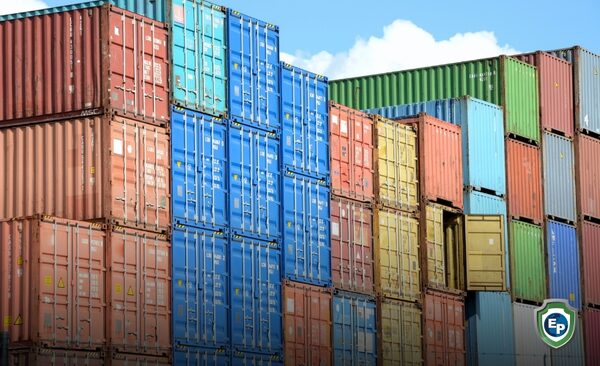Understanding Export Management and Compliance with ECP
When doing business in a different country, there are certain regulations and customs you must abide by. Your level of compliance and understanding can determine how successful your company will become. That is why you need an Export Compliance Program (ECP).

What is ECP?
An ECP is a program used by export and import companies to ensure they are carrying out activities in accordance with the Export Administration Regulations (EAR). This helps put together a standardized and comprehensive system to manage all transactions and arrangements regarding export matters.
The ECP helps export companies remain compliant with all the rules stipulated in the Export and Import Act. Aside from this, it also ensures compliance with other regulatory bodies such as the Customs Excise and Preventive Service (CEPS) and Food & Drugs Boards.
Why Does Your Company Need One?
Exporters may often break the law without realizing it. However, whether done intentionally or not, this can result in devastating consequences, putting your business at risk. Exporters can lose their licenses, pay hefty fines, or even face jail time. Thus, a carefully planned and executed ECP is necessary to prevent such situations. It will give you an actionable roadmap that can guide you as you audit your company’s processes and procedures. This can help you quickly pinpoint any violations before they even occur. Moreover, even if any infringement of export regulations were to occur, an ECP can drastically mitigate your penalties. Therefore, it is crucial to know all the elements that can fashion a comprehensive ECP.
8 Key Factors of a Good ECP
According to the Bureau of Industry and Security (BIS), an ECP must include these eight elements to be effective:
- A strong management commitment.
- Frequent risk assessments.
- Documented procedures on categorization, jurisdiction, licensing, and screening. This ensures your company is not exporting any unauthorized items.
- Assigned roles to transparent recordkeeping.
- Employee training.
- Regular audits.
- A program that handles export violations and other compliance problems.
- Scheduled regular reviews and updates to make sure the manual is up-to-date and relevant.
Because an ECP goes a long way, it may take some time and work to get it right. However, once you nail the process and fully understand how to implement it, you will find it is well worth the effort.

Stay in the Loop with Export Portal
To find out more about how you can successfully trade at an international level, make sure to check out Export Portal’s blog page!


